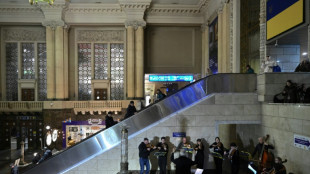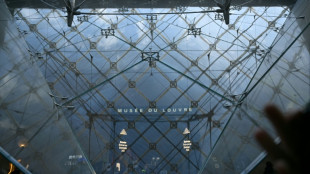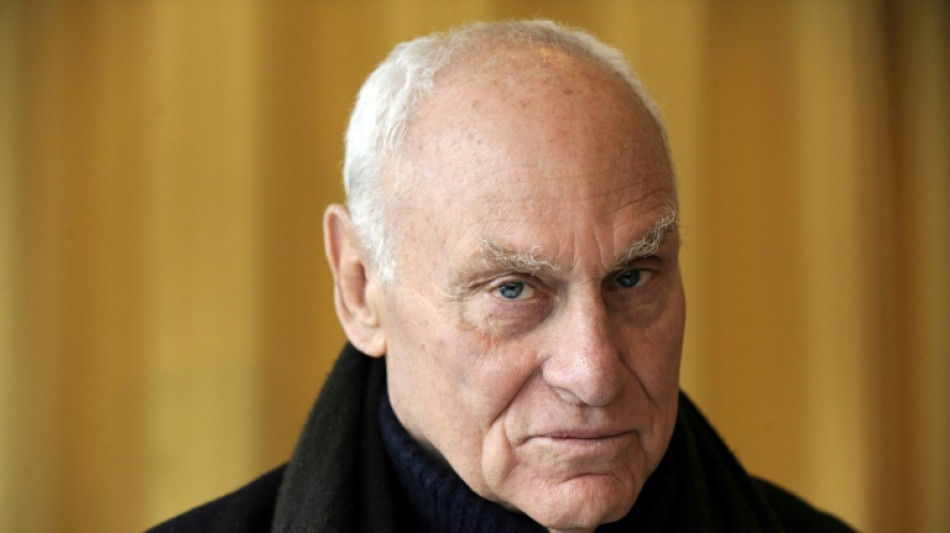
-
 Suryakumar says India v Pakistan 'not just another game'
Suryakumar says India v Pakistan 'not just another game'
-
Brazilian Olympic champion Braathen is his own man - and Norway's loss

-
 About 200,000 join Iran demonstration in Munich: police
About 200,000 join Iran demonstration in Munich: police
-
Where did it all go wrong for 'Quad God' Malinin?
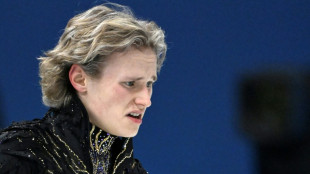
-
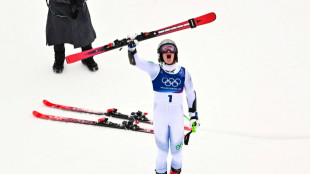 Brazil's Braathen wins South America's first ever Winter Olympic gold
Brazil's Braathen wins South America's first ever Winter Olympic gold
-
Banton powers England to victory over Scotland at T20 World Cup
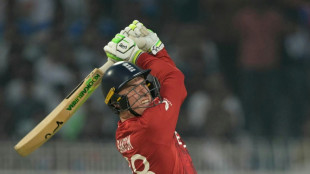
-
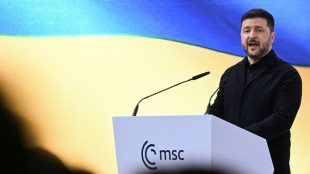 Zelensky says all Ukrainian power plants damaged, calls Putin 'slave to war'
Zelensky says all Ukrainian power plants damaged, calls Putin 'slave to war'
-
Palestinian leader urges removal of all Israeli 'obstacles' on Gaza ceasefire

-
 Igor Tudor hired as Tottenham interim manager
Igor Tudor hired as Tottenham interim manager
-
Rubio tells Europe to join Trump's fight, says it belongs with US
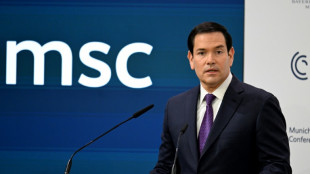
-
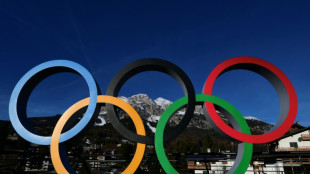 Winter Olympians have used 10,000 condoms
Winter Olympians have used 10,000 condoms
-
Weston's skeleton Olympic gold a triumph over adversity
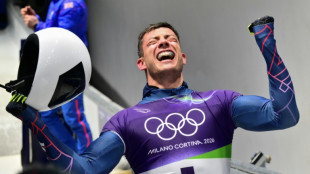
-
 England bowl Scotland out for 152 in T20 World Cup
England bowl Scotland out for 152 in T20 World Cup
-
Bangladesh PM-to-be Rahman thanks those who 'sacrificed for democracy'

-
 Sabalenka, Swiatek withdraw from WTA 1000 event in Dubai
Sabalenka, Swiatek withdraw from WTA 1000 event in Dubai
-
Brazil's Braathen in pole for historic Olympic giant slalom medal
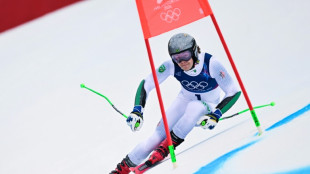
-
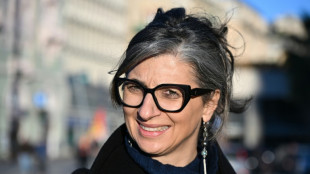 Top entertainment figures back under-fire UN Palestinians expert
Top entertainment figures back under-fire UN Palestinians expert
-
Pakistan 'always ready' for India despite late green light: Agha

-
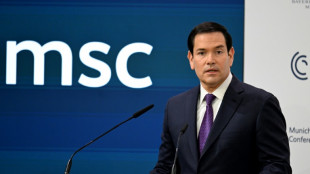 Rubio tells Europe it belongs with US, calls it to join Trump's fight
Rubio tells Europe it belongs with US, calls it to join Trump's fight
-
Tucker stars as Ireland crush Oman by 96 runs at T20 World Cup

-
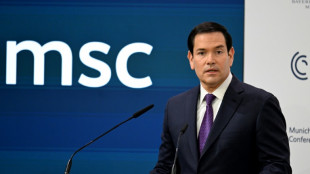 Rubio tells allies US and Europe 'belong together'
Rubio tells allies US and Europe 'belong together'
-
Snowboarding monk in spotlight after S. Korea's Olympic glory
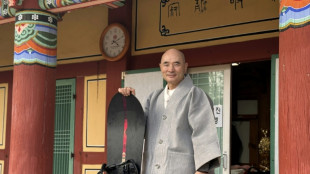
-
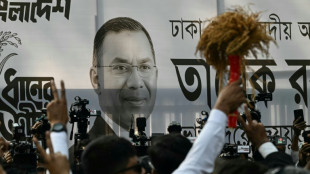 Bangladesh's Tarique Rahman poised to be PM as Islamists concede
Bangladesh's Tarique Rahman poised to be PM as Islamists concede
-
What does Greenland's mining industry look like?
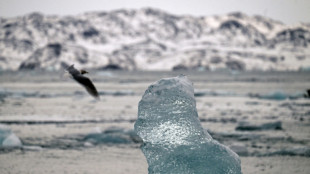
-
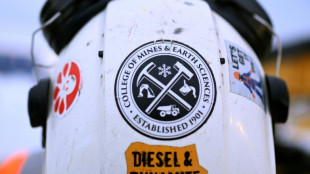 Greenland prepares next generation for mining future
Greenland prepares next generation for mining future
-
China top court says drivers responsible despite autonomous technology

-
 Sixers rookie Edgecombe leads 'Team Vince' to NBA Rising Stars crown
Sixers rookie Edgecombe leads 'Team Vince' to NBA Rising Stars crown
-
Rubio at Munich security meet to address Europeans rattled by Trump
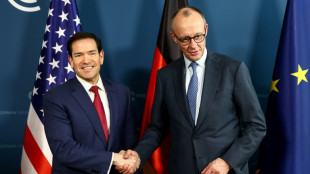
-
 Medal-winner Sato says Malinin paid for 'toxic schedule'
Medal-winner Sato says Malinin paid for 'toxic schedule'
-
Carney offers support of united Canada to town devastated by mass shooting
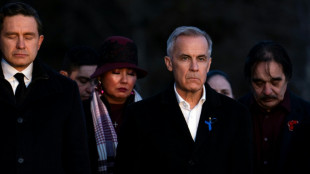
-
 All-in on AI: what TikTok creator ByteDance did next
All-in on AI: what TikTok creator ByteDance did next
-
Healthy Ohtani has Cy Young Award in sights

-
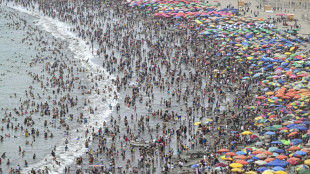 One of Lima's top beaches to close Sunday over pollution
One of Lima's top beaches to close Sunday over pollution
-
'Nothing is impossible': Shaidorov shocks favourite Malinin to make history
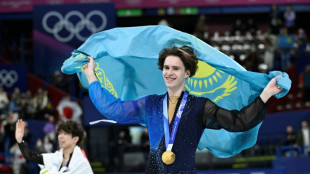
-
 Malinin wilts at Olympics as Heraskevych loses ban appeal
Malinin wilts at Olympics as Heraskevych loses ban appeal
-
Epomaker HE30 One-Handed Hall Effect Mechanical Keyboard: Born for Gaming

-
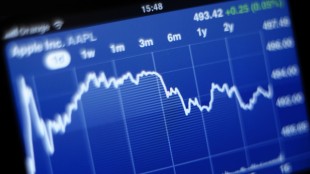 B2B Buzz Launches Integrated AI Framework to Combat Declining Returns in Single-Channel Outreach
B2B Buzz Launches Integrated AI Framework to Combat Declining Returns in Single-Channel Outreach
-
Shootify Establishes Itself as a Go-To Studio for Fashion E-Commerce Photography
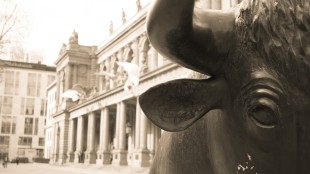
-
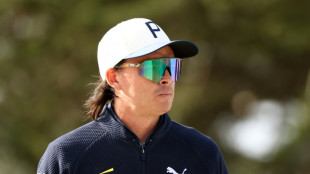 Bhatia joins Hisatsune in Pebble Beach lead as Fowler surges
Bhatia joins Hisatsune in Pebble Beach lead as Fowler surges
-
Malinin meltdown hands Shaidorov Olympic men's figure skating gold
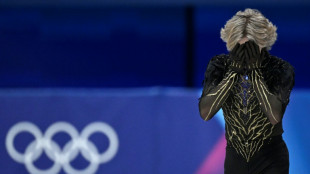
-
 Top seed Fritz makes ATP Dallas semis with fantastic finish
Top seed Fritz makes ATP Dallas semis with fantastic finish
-
Patriots star receiver Diggs pleads not guilty to assault charges

-
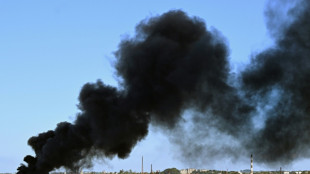 Havana refinery fire under control as Cuba battles fuel shortages
Havana refinery fire under control as Cuba battles fuel shortages
-
Peru Congress to debate impeachment of interim president on Tuesday
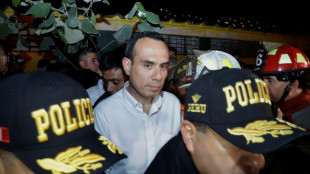
-
 Snowboard veteran James targets 2030 Games after Olympic heartbreak
Snowboard veteran James targets 2030 Games after Olympic heartbreak
-
Costa Rica digs up mastodon, giant sloth bones in major archaeological find
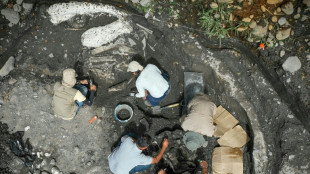
-
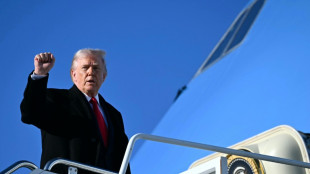 Trump says change of power in Iran would be 'best thing'
Trump says change of power in Iran would be 'best thing'
-
Paris police shoot dead knife man at Arc de Triomphe
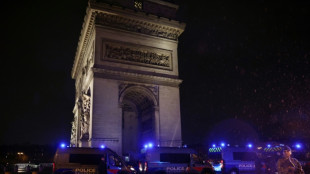
-
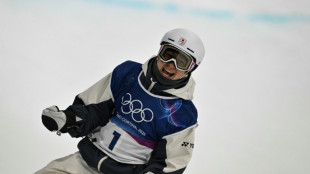 Japan's Totsuka wins Olympic halfpipe thriller to deny James elusive gold
Japan's Totsuka wins Olympic halfpipe thriller to deny James elusive gold
-
Canada's PM due in mass shooting town as new details emerge
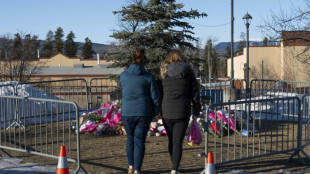

US sculptor Richard Serra, known for towering minimalism, dies at 85
Contemporary American artist Richard Serra, known for his massive yet minimalist steel sculptures, died Tuesday at age 85, US media reported.
His strikingly large pieces are installed all over the world, from Paris museums to the Qatari desert, and have sometimes sparked controversy over their imposing nature.
Serra died of pneumonia Tuesday at his home on Long Island, New York, his lawyer John Silberman told The New York Times.
Born in San Francisco in 1939 to a Spanish father and a mother of Russian Jewish origin, Serra studied English literature at the University of California before going on to study visual arts at Yale.
When asked in an early 2000s interview about what memory from his childhood might suggest who he would become, Serra said: "A little kid walking along the beach for a couple of miles, turning around, looking at his footprints and being amazed at what was on his right one direction, when he reversed himself was now on its left."
He says it "startled him and he never got over it."
His signature giant scale was present in the off-kilter reddish-brown rectangles installed in Paris's Grand Palais for his 2008 "Monumenta" exhibit, and in the swirling and twirling steel plates enveloping visitors in their curves seen in the Guggenheim Museum in Bilbao, Spain.
Serra, who credited influences from France, Spain and Japan on his artistic style and his evolution from painting to sculpting, moved to New York in the late 1960s, operating a furniture removal business to make ends meet. He even employed the composer Philip Glass as his assistant.
That was also the period in which Serra composed a manifesto detailing the ways he could create a work of art: he listed 84 verbs, such as "roll" and "cut," and 24 elements, including "gravity" and "nature," which he could employ to forge a composition.
Serra did not begin to work predominantly in steel until the 1970s, in an echo of the summer steel mill jobs of his youth.
He designed sculptures specifically for the spaces they were destined to occupy, and said he was interested in examining how his works interacted with their environments.
"Certain things... stick in your imagination, and you have a need to come to terms with them," Serra told US interviewer Charlie Rose in the early 2000s.
"And spatial differences: what's on your right, what's on your left, what it means to walk around a curve, looking at a convexity and then looking at a concavity -- just asking fundamental questions about what you don't understand, those things have always interested me," he said.
That exploration of sculpture in its environment is visible in one of Serra's most controversial works, titled "Tilted Arc," which was installed in New York in 1981.
The 12-foot (4-meter)-high rust-coated metal plate curved its way through the Federal Plaza in Manhattan for 120 feet, set at an angle that made it look like it could topple over at any second. The structure so disturbed local residents that it was removed in 1989 following a long legal battle.
P.Silva--AMWN

